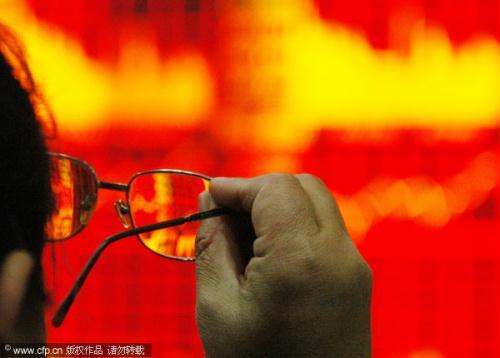| Videos | ? Latest |
|
? Feature | ? Sports | ? Your Videos |
Shanghai stock exchange marks 20 years

Yang said, "When Deng Xiaoping travelled to Shanghai, he said the securities market does not belong to capitalism or socialism. He encouraged us to give it a try and develop it. Now, 20 years have passed. It's remarkable how things have changed."
Today in China, stocks are a common investment among many people.
No where is this more evident than in Shanghai, where taxi drivers are familiar with investment tactics. Stock trading accounts in China exceeded 150 million this year, account for nearly one out of 10 among the country's population. The Chinese government has encouraged people to invest in capital markets to manage their wealth, generate more income and cope with inflation.
Guan Xin said, "We can read the stories in the candle stick charts of every rise and fall of China's stock markets in the past 20 years. It is also a mirror of the country's economic development. The stock market ensures individual investors benefit from the country's economic development, and grow together."
Shang Fulin, Chairman of Chinese Securities Regulatory Commission, said, "Through investment in stock markets, investors can use their spare capital in enterprises they consider sound. They can share the fruits of these enterprises' development."
But the market does have its share of ups and downs. In 2007, the market hit an unprecedented 6,124 point in a feverish bull run. But the bubble collapsed, with the index slumped to below 2,000 points. This triggered pain for stock investors, but served a valuable lesson in rational investment.
 0
0 







